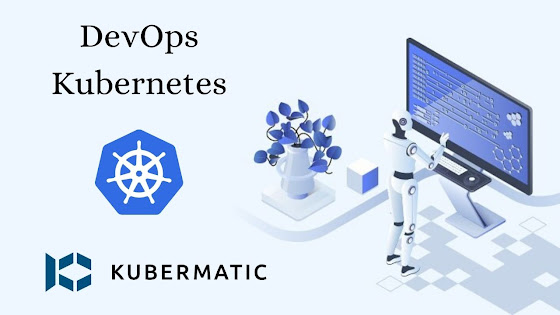How is Kubernetes changing the DevOps space?
Kubernetes has seen drastic growth over the past few years and
businesses are leveraging containers for complex applications, micro-services, and cloud-native applications. With the rampant growth of standardized Kubernetes, DevOps has gained more traction. While they appear very
different, one is a tool and the other is the methodology; they work
collectively to help businesses deliver fast services.
The Kubernetes DevOps connection
Kubernetes helps the team respond to customers' demands without
having to stress about the infrastructure layer. The orchestration engine
within Kubernetes handles the once manual task of deploying, scaling, and
creating more resiliency based on metrics. Kubernetes is crucial for
DevOps teams looking to scale, automate and build resiliency in their
applications while reducing infrastructure burden.
- Deploy everywhere: Kubernetes has the
ability to deploy an application everywhere without stressing about the
infrastructure part. It is one of the biggest benefits of running
containers. The container will run the same within the Kubernetes, no
matter where it is deployed.
- Open standard: Kubernetes follows an open-source
standard that boosts your flexibility to leverage an ever-growing list of
innovative services, tools, and products.
- Hybrid: Kubernetes can run on
your preferred environment, such as on-premise, in the cloud or on edge.
So, you are not restricted to just one environment.
- Infrastructure and
configuration as code: everything
within Kubernetes is as code. It ensures that the infrastructure and
application are portable, declarative, and stored in a source
repository.
Automate every level of your software development lifecycle,
from development to production, with standardized Kubernetes environments
powered by Kubermatic’s Kubernetes Platform.




Comments
Post a Comment